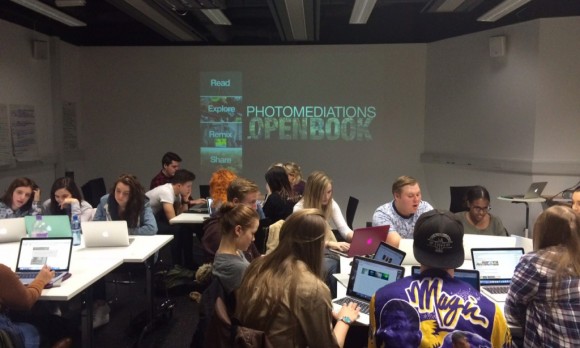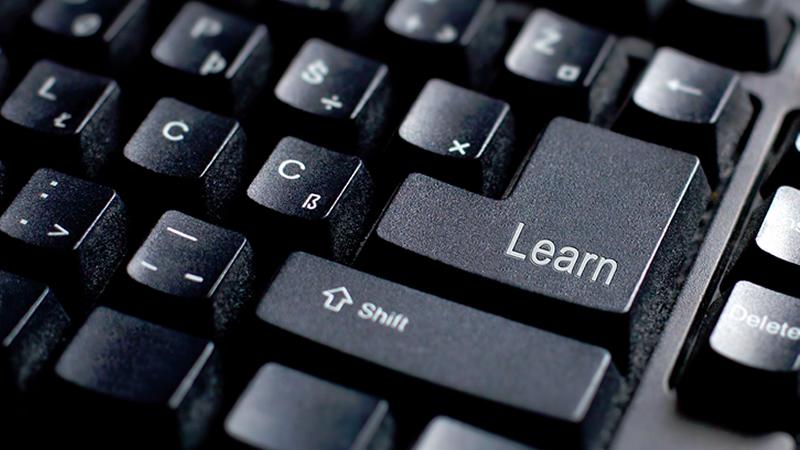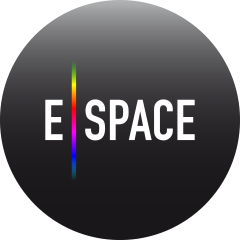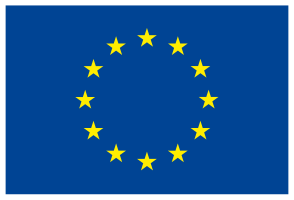Europeana Space project acknowledged the key role of digital cultural heritage to enhance education since the very beginning. Lessons learnt such as those of Europeana Photography project, where the impressive quantity of high-quality historical photographs digitized within the project instantly proved its potential for the educational sector (as witnessed by KU Leuven Prof. Jan Baetens’ article on Slovak Theatre, which would never have been written if the Slovak partner did not digitize and share the collection within Europeana Photography), and their appeal for the general public (as witnessed by the exceptional success of the project’s photographic exhibition in Pisa and in Leuven with nearly 8.000 visitors), converged in Europeana Space and shaped the project vision towards a creative re-use of digital cultural heritage in an educational context.
The 6 thematic Pilots in E-Space are examples of how the digitized cultural heritage can be re-used in creative ways and of course also have an educational note to them, as education certainly is one of the target sectors the pilots are addressing.
The educational legacy that E-Space pilots (and demonstrators of course) will generate certainly impacts and contributes to the common efforts for providing “added value to education and learning by facilitating and encouraging the open access and (re-)use of digital cultural heritage by students and educators“, as described in the Europeana Educational policy paper (May 2015), particularly to the action items of:
- Emphasising the development of inclusive and accessible digital learning resources,
- Promoting open licences and improve access and re-use conditions that underpin education and learning.




